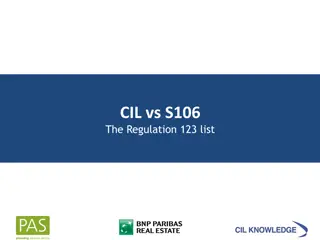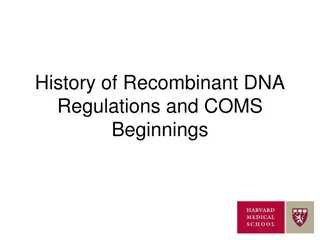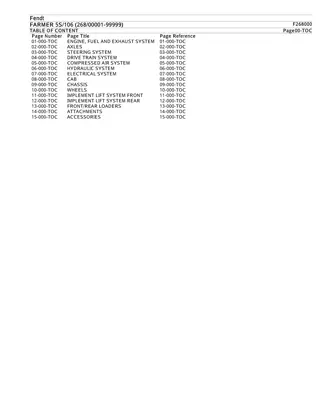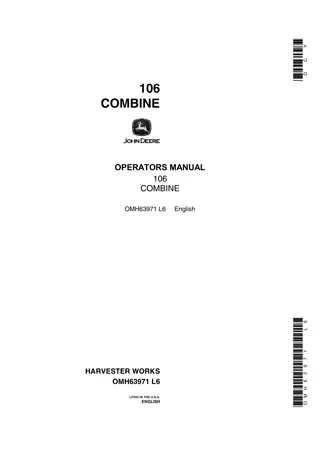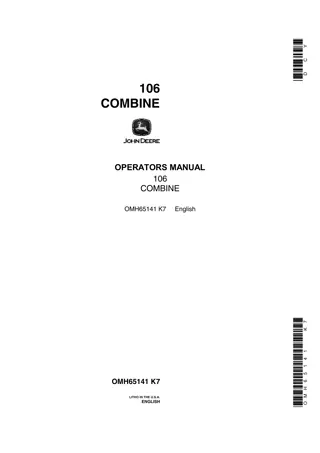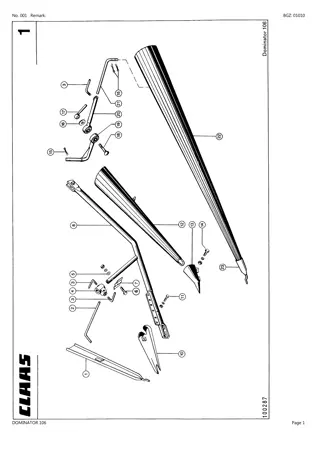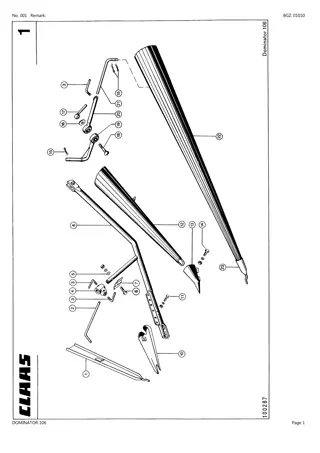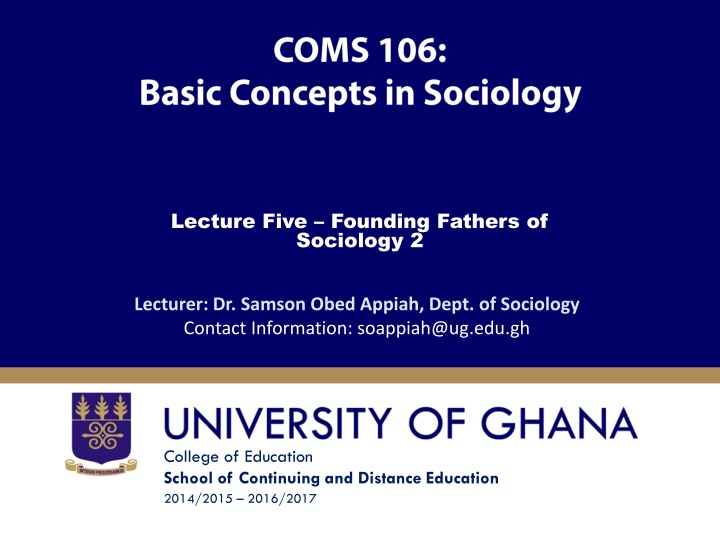
Emile Durkheim: Social Integration and Social Facts
This content delves into the life and work of Emile Durkheim, a prominent founding father of sociology. It explores Durkheim's focus on social integration, social facts, and the role of society in shaping individual behavior. His concepts of material and non-material social facts are highlighted, emphasizing the moral entity of society and its influence on human actions.
Download Presentation

Please find below an Image/Link to download the presentation.
The content on the website is provided AS IS for your information and personal use only. It may not be sold, licensed, or shared on other websites without obtaining consent from the author. If you encounter any issues during the download, it is possible that the publisher has removed the file from their server.
You are allowed to download the files provided on this website for personal or commercial use, subject to the condition that they are used lawfully. All files are the property of their respective owners.
The content on the website is provided AS IS for your information and personal use only. It may not be sold, licensed, or shared on other websites without obtaining consent from the author.
E N D
Presentation Transcript
Lecture Five Founding Fathers of Sociology 2 Lecturer: Dr. Samson Obed Appiah, Dept. of Sociology Contact Information: soappiah@ug.edu.gh College of Education School of Continuing and Distance Education 2014/2015 2016/2017
Lecture Overview This Lecture introduces students to two founding fathers of sociology namely; Emile Durkheim and Max Weber in terms of their major ideas and their contribution to sociology. Slide 2
Lecture Objectives Objectives of Lecture: At the end of the Lecture, the student will be able to: Provide biographical background of Durkheim and Weber; Identify the social & intellectual forces that shape their thoughts; Explain their core ideas, concepts and theories; Determine their contribution to sociology. Slide 3
Emile Durkheim (1858 Emile Durkheim (1858- - 1916): Social Integration and Social Facts Social Integration and Social Facts 1916): Biographical Background of Emile Durkheim Durkheim focused his sociological works on how societies hold together and endure, while Marx saw society as full of conflicting interest with clashes ; He criticized Marx for attributing too much importance to economic factors and class struggle and not to social solidarity; Central to Durkheim s sociology is the notion of concept of social integration; Slide 4
Emile Durkheim (1858-1916) Cont. Social Facts as the Subject Matter of Sociology Social Facts, according to him are things in society that exert powerful influence on our behavior as they are external to and coercive of the individual; Society through its norms, customs, value systems and institutions compels us to act in particular ways; Society to him is a moral entity as it sets the moral standards for us to follow hence the whole society is a social facts. Slide 5
Emile Durkheim (1858 Emile Durkheim (1858- - 1916) Cont Cont. 1916) Durkheim identified two types of social facts namely Material and Non - Material Social Facts; Material Social Facts include society itself, its major institutions (PREMEH) and other patterns like housing etc.; Non- Material Social Facts are the social rules, principles of morality, norms and values and the shared consciousness; According to Durkheim, social facts have coercive power because we don t choose to conform to them since they are found outside the individual. Slide 6
Emile Emile Durkheim (1858 Durkheim (1858- - 1916) Cont Cont. 1916) Social Solidarity and Social Integration Social integration refers to the density of social relationships or literally the number of relationships that exist among a collection of people; The more people are connected to one another, the stronger and more meaningful the sentiments of their relationships; Durkheim argued that social integration is necessary for the maintenance of the social order and happiness of individuals. Slide 7
Emile Emile Durkheim (1858 Durkheim (1858- - 1916) Cont Cont. 1916) In his book The Division of Labour in Society (1893), he examined social solidarity; the tendency of people to maintain social relationships; He identified two types of solidarity namely Mechanical and Organic Solidarity; Mechanical Solidarity is found in simple societies characterized by little or no division of labour, strong collective conscience with repressive or punitive laws; Organic Solidarity is found in modern, complex societies with clear cut division of labour, weak collective conscience and restorative or restitutive laws. Slide 8
Emile Emile Durkheim (1858 Durkheim (1858- - 1916) Cont Cont. 1916) Mechanical Solidarity Organic Solidarity Found in Simple, traditional societies Found in Modern, complex societies Moral and social similarity Moral and social diversity Great conformity to tradition Essentially tradition less Individual differences and variations limited Individual differences and variations encouraged Most properties communally owned Most properties privately owned Religion in the form of cult and daily rituals / Repressive or punitive laws Religion formally institutionalized as in churches / Restitutive or restorative laws Individual thoughts and conduct controlled by community opinion Little community control over individual thought and conduct Widely extended kinship network Nuclear family ties very strong Interpersonal relations based on loyalty and trust Interpersonal relations based on contracts Slide 9 Sacred orientation: life ordered by religious values Secular orientation: life ordered by worldly values
Emile Emile Durkheim (1858 Durkheim (1858- - 1916) Cont Cont. 1916) Suicide as a Social Fact Durkheim demonstrated the critical part social facts paly in human behavior in his book Suicide (1897); Through careful collection and analysis of data on suicide, he found that suicide rates were higher among the unmarried than the married, Protestants than Catholics; He concluded that different suicide rates are the consequence of variations of social solidarity; Individuals well involved in social bonds are less inclined to commit suicide than those weakly integrated into group life. Slide 10
Emile Emile Durkheim (1858 Durkheim (1858- - 1916) Cont Cont. 1916) For him, suicide is explainable by social factor such as; The level of integration into society and the level of regulation by society; Based on the above, he identified four types of suicide depending on level of integration and regulation by society; 1. Egoistic Suicide is due to low integration into groups; 2. Altruistic Suicide too much integration into groups; 3. Anomic Suicide when rules breakdown or rules are weak; 4. Fatalistic Suicide is when rules are too much or too strict; Slide 11
Emile Emile Durkheim (1858 Durkheim (1858- - 1916) Cont Cont. 1916) According to Durkheim, society divides the world into two, namely the Sacred and Profane; The Sacred are things with power and this deals with religion and the Profane are things without power; He then defines religion as a unified system of beliefs and practices related to sacred things, that is to say things set apart and forbidden; beliefs and practices which unite into one moral community called a church and all those who adhere to them ; Slide 12
Max Weber: Subjectivity and Social Organization (1864 1920) Subjectivity and Verstehen Weber contended that a critical focus for sociology is the study of human subjectivity; That is the intentions, values, beliefs, and attitudes that underlie people s behavior; He employed the German word verstehen meaning understanding or insight ; In this method, sociologists mentally attempt to place themselves in the shoes of other people and identify what they think and how they feel. Slide 13
Max Weber (1864 1920) Cont. Value-Free Sociology In terms of method, Weber stressed the importance of value free sociology; He argued that sociologists must not allow their personal biases to affect the conduct of their scientific research; He recognized that sociologists like everyone else, have individual biases and moral convictions regarding behavior; But be insisted that sociologists must cultivate a disciplined approach to the phenomena they study so that they may see the facts as they are not as they might wish them to be; Slide 14
Max Weber (1864 1920) Cont. Social Action, Power and Authority Weber argued that people can initiate action on their own without society being the main determinant; Weber focused on the individual and not on the collectivity and this is the basis of symbolic interactionism; He identified three types of social action namely: Affective Action due to emotional state of the individual; Traditional Action individual s habitual life and customs; Rational Action based on rationality or established rules. Slide 15
Max Weber (1864 1920) Cont. Power according to him is the ability to influence social organization and get people to do things, even against their will; Authority on the other hand is legitimate power and hence he identified three types of authority namely; Traditional Authority based on customs from the past and mostly hereditary; Charismatic Authority based magical ability of the leader to attract others; Rational-Legal Authority derived from accepted rules and regulations. Slide 16
Max Weber (1864 1920) Cont. Bureaucracy as Rational-Legal Authority Weber studied bureaucracy as an aspect or Ideal type of the rational-legal authority; He saw bureaucracy as the best form of running complex industrial societies and their organizations; Bureaucracy according to him, are characterized by; Division of Labour; Rules and Regulations; Hierarchy of offices; Impersonality of Interpersonal relationships; Promotion and employment based on qualification. Slide 17
Max Weber (1864 1920) Cont. Religion and the origin of Capitalism Weber disagreed with Marx s claim that economics is the central force in social change; In his book, The Protestant Ethic and the Spirit of Capitalism, he illustrated how religious ideas and beliefs rather than the economy can influence human action; This he did by showing the intimate relationship between the austere/simple life styles of Calvinism and the rise of Capitalism in the protestant areas of Europe; The idea is that through hard work and austere living success is taken to mean divine approval. Slide 18
Max Weber (1864 1920) Cont. Weber and Social Stratification Weber s other major concern was with class and social stratification and here he disagreed with Karl Marx; He argued that social class, besides being related to property ownership of the means of production is connected to power, wealth and prestige; In other words, a person s class in society is not only determined by their ownership or non-ownership of means of production but also by access to power, status etc.; He also argued that people engaged in economic relations are not permanently involved in conflict but rather co-operate to achieve their goals. Slide 19
Reading List Hughes, M., Kroehler, C.J. (2005). Sociology:The Core (7th Edition). Boston: McGraw-Hill Companies, Inc. (Chapter 1, Pages 8-12) Newman D,M, and O brien J, (2010), Sociology: Exploring the Architecture of Everyday Life. London: Pine Forge Press. ( Chapter1, Pages 4-8) Henslin, J.M. (2007). Essentials of Sociology: A Down-to- Earth Approach (7th Edition) Boston: Allyn and Bacon. (Chapter 1 Pages 6-10) Slide 20







